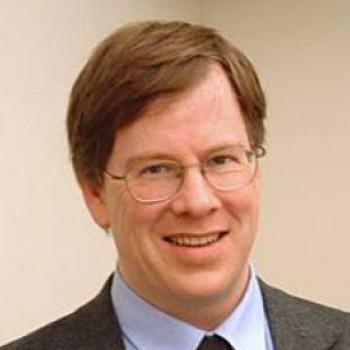Voting Computer Security in the Age of Cyber War
We’ve known for decades that computerized vote-counting equipment is highly vulnerable to attack by people who want to affect the outcome of an election. This possibility has been made more concrete by the election of 2016, where there were widespread cyber-attacks against voter registration systems and intrusion into servers at local election offices. All of the factors are in place for effective and potentially undetected electronic tampering with election outcomes in the U.S. Fortunately, effective defenses are not particularly difficult or expensive — if, as a nation, we can find the will to get the job done. In this talk, Professor David Dill will describe the problem and the solution.
A light lunch is included for attendees who RSVP in advance.
David L. Dill is the Donald E. Knuth Professor in the School of Engineering and Professor of computer science and, by courtesy, electrical engineering at Stanford University. He has been on the faculty at Stanford since 1987. He has an S.B. in electrical engineering and computer science from Massachusetts Institute of Technology (1979), and an M.S and Ph.D. from Carnegie-Mellon University (1982 and 1987). Prof. Dill has research interests in a variety of areas, including computational systems biology and the theory and application of formal verification techniques to system designs, including hardware, protocols, and software. He has also done research in asynchronous circuit verification and synthesis, and in verification methods for hard real-time systems. From July 1995 to September 1996, he was chief scientist at 0-In Design Automation, and, since 2016, he has been chief scientist at Locuspoint Networks, LLC.
Prof. Dill has been working actively on policy issues in voting technology since 2003. He is the author of the “Resolution on Electronic Voting”, which calls for a voter-verifiable audit trail on all voting equipment, and which has been endorsed by thousands of people, including many of the top computer scientists in the U.S. He has testified on electronic voting before the U.S. Senate and the Commission on Federal Election Reform, co-chaired by Jimmy Carter and James Baker III. He is the founder of the Verified Voting Foundation and VerifiedVoting.org and is on the board of those organizations. In 2004, he received the Electronic Frontier Foundation’s “Pioneer Award” for “for spearheading and nurturing the popular movement for integrity and transparency in modern elections.”










